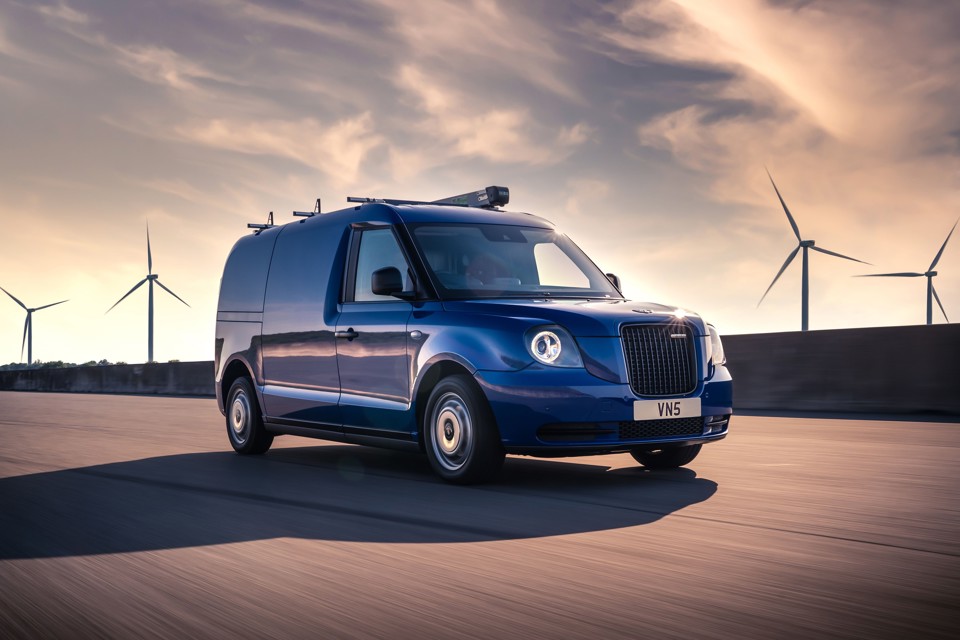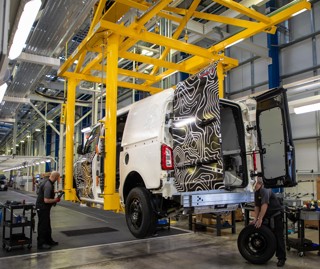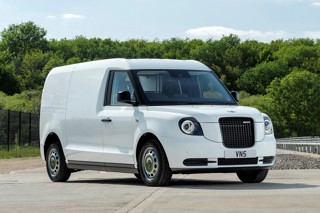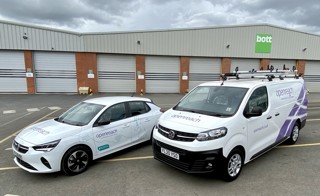LEVC (London Electric Vehicle Company) is developing a conversion programme for its new TX taxi-derived VN5 electric van.
The brand is working with converters to create authorised conversions across a number of different sectors including: Utility, Parcel Delivery, Facilities Management, Refrigeration and Emergency Services.
The conversions will incorporate the latest high strength, light-weight materials to maximise payload and maintain durability.
Joerg Hofmann, LEVC CEO, said: “The VN5 electric van is the future of green mobility and is designed to suit the requirements of various different sectors and trades; from logistics and telecommunications to food refrigeration and utilities. We have collaborated with the best converters allowing LEVC to offer customers and fleets the ability to tailor VN5 to their exact requirements.”
All authorised international converters will be provided with an LEVC converter manual as well as having direct access to the LEVC’s design and engineering team based at Ansty, Coventry in the UK.
The conversion portfolio will be supported with all the necessary accessories to meet customer requirements. LEVC is also working with key aftermarket accessory providers, from roofing system solutions to security and vehicle livery.
LEVC has deployed a small fleet of converted TXs to provide VN5 ‘prototype’ vehicles for trials with partners such as DPD, Royal Mail and Octopus Energy to showcase the electric van’s competence in difference working environments.
The VN5 has a flexible range of more than 300 miles, using a petrol range-extender. With up to 5.5m3 capacity, the van easily accommodates two Euro sized pallets with a gross payload of 830Kg.
Available to order now, first VN5 deliveries will commence in Q4. More details of the conversions will be disclosed ahead of launch later this year.























Paul Kirby - 17/08/2020 12:50
I think the comment "zero emission capable range of 300 miles" is misleading. It can do around 60-70 miles without emissions and then a further 200+ supported with an emission creating petrol engine. This is an acceptable and positive step in the right direction but we should be clear on what it is